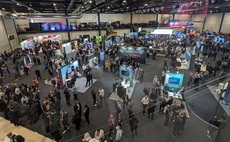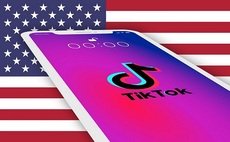And 'we don't compete' with SAP anymore, of course
Oracle CEO Mark Hurd's press Q&A session is always a highlight of Oracle OpenWorld, and this year was no exception, as IBM, Amazon and SAP all received a flurry of barbs. While Hurd lashed out a...
To continue reading this article...
Join Computing
- Unlimited access to real-time news, analysis and opinion from the technology industry
- Receive important and breaking news in our daily newsletter
- Be the first to hear about our events and awards programmes
- Join live member only interviews with IT leaders at the ‘IT Lounge’; your chance to ask your burning tech questions and have them answered
- Access to the Computing Delta hub providing market intelligence and research
- Receive our members-only newsletter with exclusive opinion pieces from senior IT Leaders






















